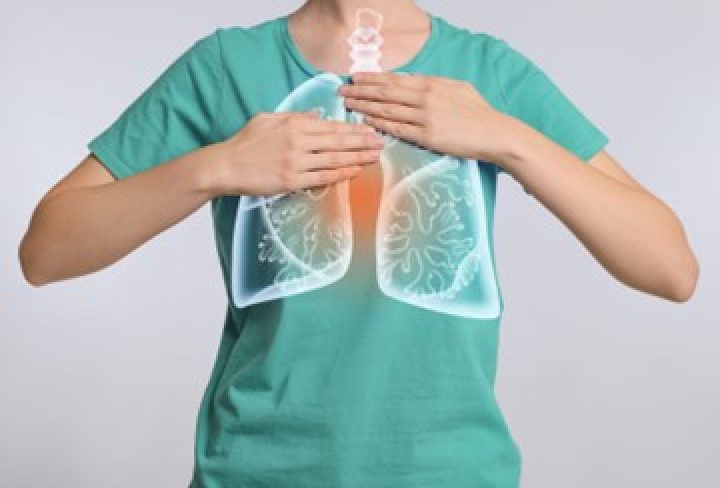After undergoing bronchoscopy, proper post-procedure care is essential to ensure a smooth recovery and minimize the risk of complications.
Bronchoscopy: When Should I Call My Doctor?
While bronchoscopy is generally considered a safe procedure, certain symptoms or complications may arise that warrant medical attention. Patients should contact their doctor if they experience any of the following:
- Persistent Cough: It is common to experience a mild cough or throat irritation after bronchoscopy. However, if coughing persists or becomes severe, it may indicate underlying respiratory issues or complications such as pneumonia or bronchospasm.
- Shortness of Breath: While mild shortness of breath immediately following bronchoscopy is normal due to anesthesia or sedation effects, persistent or worsening shortness of breath could signal respiratory distress or complications such as pneumothorax (collapsed lung) or pulmonary edema.
- Fever: A low-grade fever is not uncommon in the first 24-48 hours after bronchoscopy due to the body’s inflammatory response to the procedure. However, a fever above 100.4°F (38°C) may indicate infection or other complications and should prompt medical evaluation.
- Chest Pain: Mild chest discomfort or soreness is expected after bronchoscopy, particularly if tissue samples were collected or therapeutic interventions were performed. However, severe or persistent chest pain may be indicative of complications such as pneumothorax, pleural effusion, or cardiac issues.
- Excessive Bleeding: Minimal bleeding or blood-tinged mucus is normal in the immediate aftermath of bronchoscopy. However, if bleeding is excessive, persists beyond 24 hours, or is accompanied by other symptoms such as dizziness or lightheadedness, medical attention is needed.
- Difficulty Swallowing or Speaking: Difficulty swallowing, persistent hoarseness, or changes in voice quality may occur temporarily after bronchoscopy due to irritation of the throat or vocal cords. However, if these symptoms persist or worsen over time, it may indicate injury to the airway or other complications.
Precautions To Take After Bronchoscopy
To promote healing and reduce the risk of complications after bronchoscopy, patients should follow these precautions:
- Rest and Recovery: Allow yourself ample time to rest and recover following bronchoscopy. Avoid strenuous activities, heavy lifting, and vigorous exercise for at least 24-48 hours after the procedure to minimize the risk of bleeding or injury.
- Stay Hydrated: Drink plenty of fluids, such as water or clear soups, to stay hydrated and help thin mucus secretions in the airways. Avoid alcohol and caffeinated beverages, as they can cause dehydration and irritate the throat.
- Avoid Irritants: Refrain from smoking and exposure to secondhand smoke, as well as other respiratory irritants such as air pollution, dust, and strong odors. These can exacerbate throat irritation and prolong the healing process.
- Gentle Oral Care: Practice gentle oral hygiene by rinsing your mouth with warm salt water or using a saline nasal spray to soothe the throat and nasal passages. Avoid harsh mouthwashes or throat lozenges that may irritate the delicate tissues.
- Monitor Symptoms: Keep a close eye on your symptoms and report any changes or concerns to your doctor promptly. Take note of your temperature, breathing, cough, and any other symptoms you may experience, and communicate this information to your healthcare provider.
- Follow-Up Appointment: Attend any scheduled follow-up appointments with your healthcare provider to assess your recovery progress and discuss the results of the bronchoscopy. Your provider may recommend additional tests or treatments based on the findings.
Bronchoscopy is a valuable diagnostic and therapeutic tool used to evaluate and treat conditions affecting the airways and lungs.
If you have any questions or concerns about your recovery after bronchoscopy, do not hesitate to reach out to your doctor for guidance and support.


